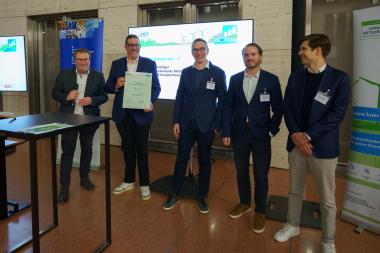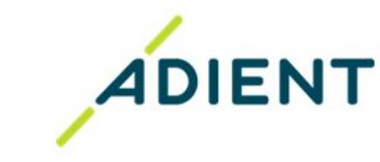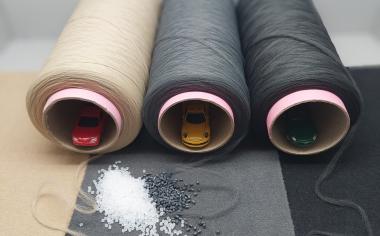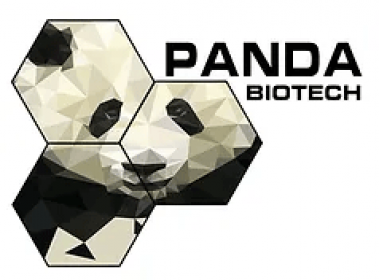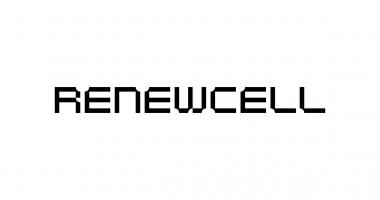RUDOLF: Bio-based products for HYDROCOOL® technology
RUDOLF announces a significant leap in textile performance with the introduction of bio-based innovations for its HYDROCOOL® technology, a moisture management product line.
HYDROCOOL® technologies have long been the standard for wicking moisture away from the skin to keep athletes and active people comfortable and dry. RUDOLF has taken this performance to a higher level with the integration of bio-based raw materials and their new products, RUCO®-PUR BIO SLB and FERAN® BIO ICR. These bio-based ingredients, derived from renewable sources offering:
- Reduced environmental impact: By using bio-based materials, RUDOLF reduces its reliance on traditional petroleum-based raw materials, minimizing the environmental footprint of its products.
- High performance: The new bio-based formulations are as efficient as the traditional HYDROCOOL® products and offer maximum wash resistance.
- RUCO®-PUR BIO SLB is a bio-based finishing agent that is ideal for synthetics, cellulosic and blends. It offers a bio-based content of 43% and is therefore an important step towards a more sustainable textile industry.
- FERAN® BIO ICR is a bio-based soil release agent specially developed for polyester and its blends. It has a 87% bio-based content, further underlining the commitment from RUDOLF for sustainable innovation.
Rudolf GmbH








